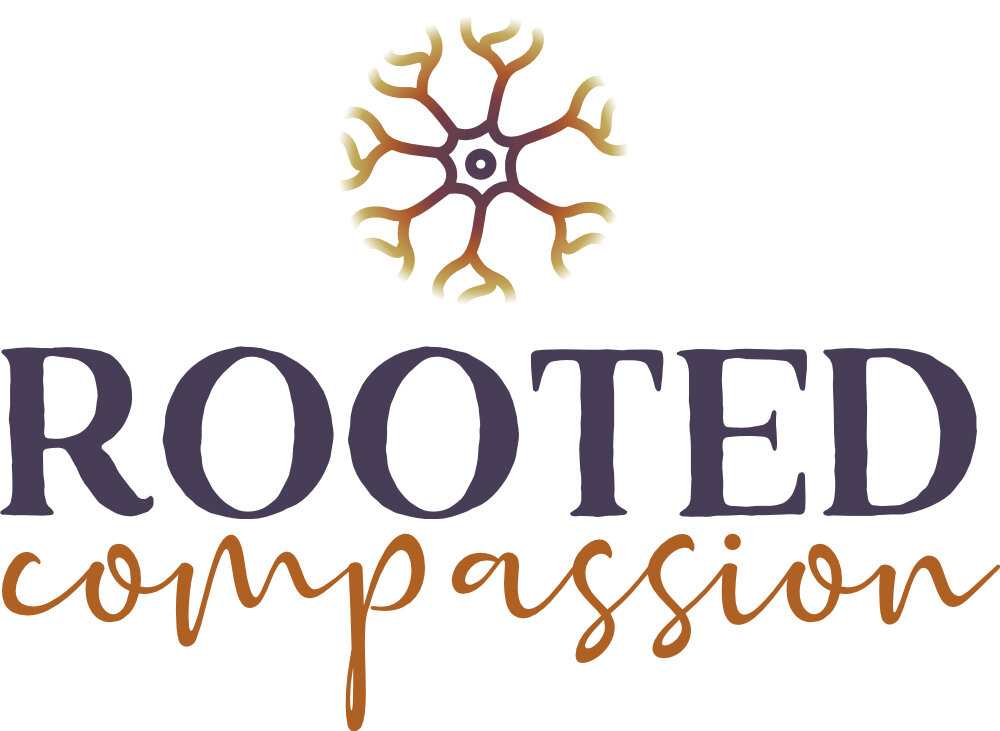Accessing Quiet for Mental Health: Balancing our Inner- and Outer-Reach for Safety
“Be the silent watcher of your thoughts and behavior. You are beneath the thinker. You are the stillness beneath the mental noise. You are the love and joy beneath the pain.” -Eckhart Tolle
I recently picked up and began reading Quiet: The power of introverts in a world that can’t stop talking, by Susan Cain. A world that can’t stop talking–this phrase resonates and seems so true in current times. As much as we seem to be compelled to live fully immersed in a world of words, thoughts, and information (and the sharing of it all), we seem equally as overwhelmed by the constant mental commotion. Even when we’re able to turn down the external noise, our own thoughts can continue to consume our inner peace.
Many counseling clients report this type of mental overwhelm and seek to restore a sense of peace, inner quiet and clarity.
This requires a felt sense of inner safety. The Polyvagal Theory tells us that our brains are constantly assessing our external and internal environments for safety; not only physical safety, but also how we get to be safe emotionally, socially, and psychologically with our own thoughts. What feels safe—engaged and calm–is different for each one of us. The way we each regulate is based upon individual experiences, memories, and how the current state of one’s nervous system in any moment influences the ability to respond and adapt to what it considers to be stressful or threatening.
In her book, Cain discusses introversion and extroversion from a historical and cultural perspective and notes the unbalanced cultural preference for the “expansive” or “outer-directed” sociable extrovert and the undervaluing of the “inner-directed” or “solitude-seeking” contemplative introvert who would likely tend to find safety and balance in quiet environments (p. 169). Cain reminds us that the concepts of introversion or extroversion are broad categories, and though we may lean in our tendencies toward one or the other, no one identifies solely with either.
Photo on the Left by Kazi Mizan on Unsplash
Photo on the Right by Karl Magnuson on Unsplash
Our nervous systems are wired for self-reflection and self-soothing as well as for connecting with others to support regulation.
It makes sense then that we have the capacity for reaching inward to regain our safety as well as for reaching to others in a more expansive way to help us feel safe. We need both our extrovert qualities and our introvert qualities. Could we not benefit from some more time with our inner quiet introvert?
Staying mindful about how we can cultivate a practice for being emotionally and mentally safe and remembering that we have a choice about where we direct our attention and focus may bring us to a greater sense of comfort and confidence as we navigate the din of our growing and expansive world.
REFERENCES:
Cain, A. (2013). Quiet: The power of introverts in a world that can’t stop talking. Random House, Inc.
Julie Koloc, MA, LPC, is one of our incredible counselors here at Rooted Compassion Counseling and Consulting. She specializes in Emotional Freedom Techniques (EFT), Trauma Responsive Care (TRC) Techniques, and Cognitive Behavioral Theory (CBT).
The Rooted Compassion team is made up of a group of counselors who have a variety of specialties in order to best serve our clients. We recognize that every person has his/her own personal and unique life experiences and that one modality will not work for every client. Listed below is a summary of our counselors’ specialties at Rooted Compassion:
Emotional Freedom Techniques
Grief Counseling
Somatic Focused Counseling
EMDR
Cognitive Behavioral Therapy
Dialectical Behavior Therapy
Mindfulness-Based Practices
Trauma Responsive Care Techniques
Acceptance and Commitment Therapy
Drama Therapy/Expressive Arts
If you are interested in learning more about what Rooted Compassion is all about, please contact us today, look through our website, or find us on Instagram and Facebook.
Rooted Compassion Counseling is Ohio’s leading practice for trauma therapy through the lens of the nervous system. Our focus is to walk alongside clients as they heal from depression, anxiety, trauma, grief and/or loss. If you or someone you know are seeking to explore and build an inner sense of calm and safety, please contact us today. We would love to help you to find a counselor and counseling techniques that will guide you on your mental health journey to healing.



